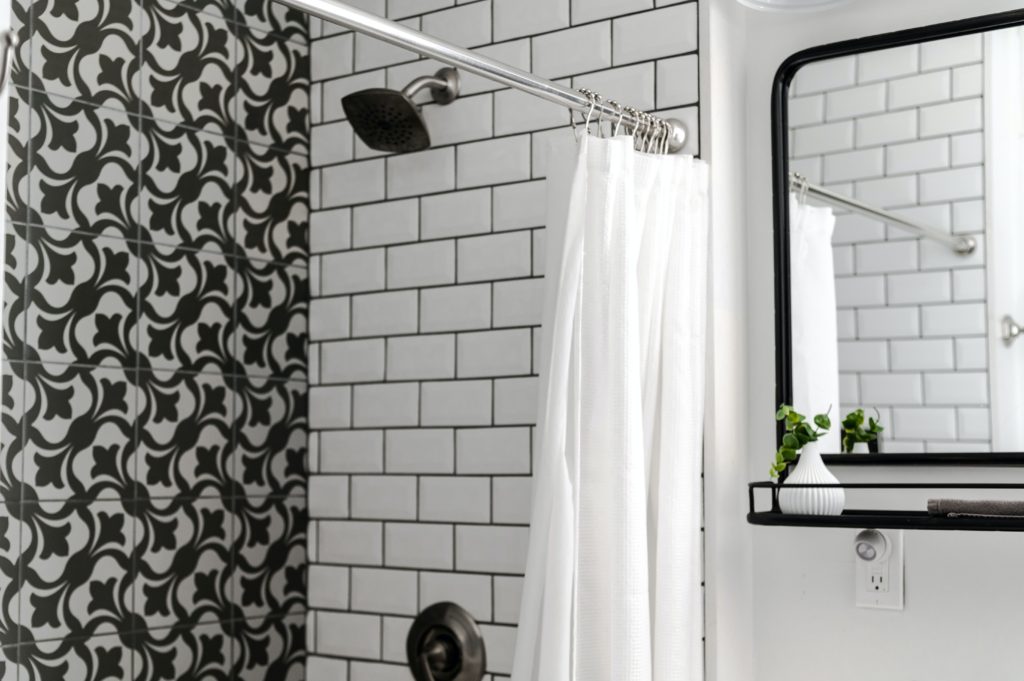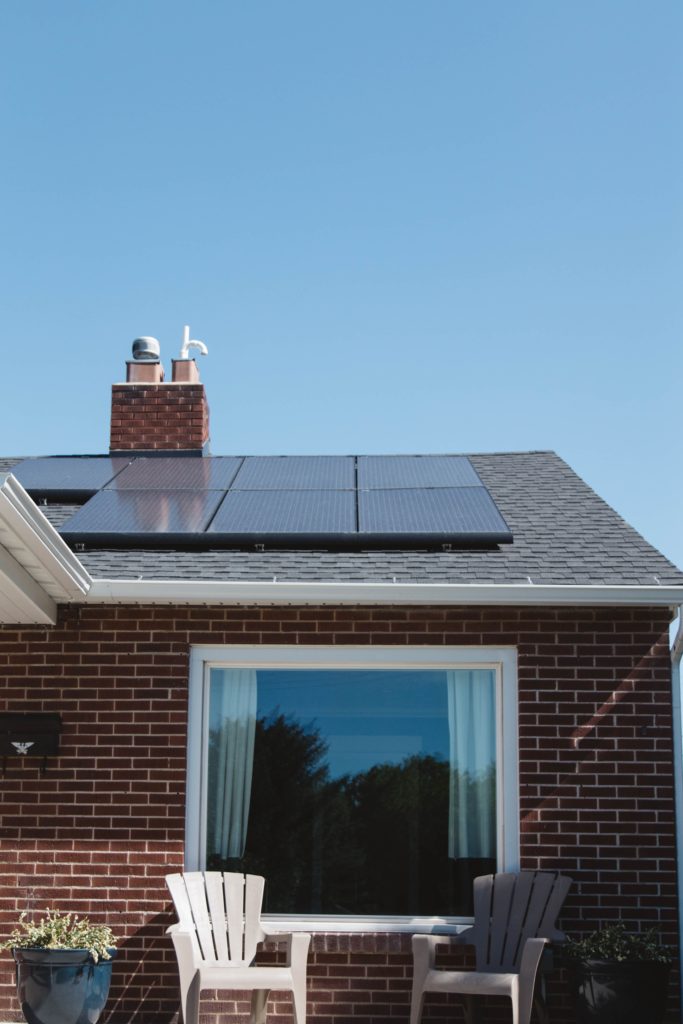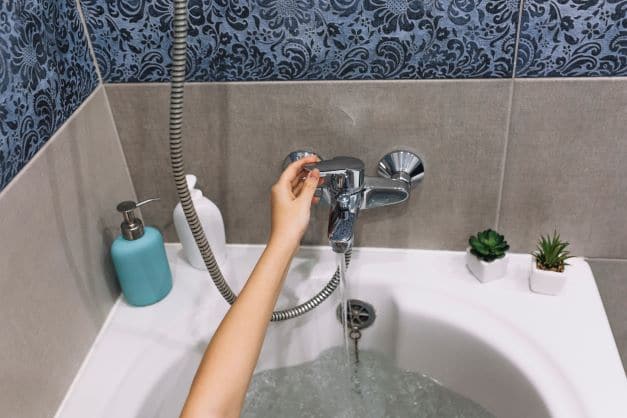The most used option for heating sanitary water in Portuguese homes is, without a doubt, the water heater. But there are other appliances that can prove to be a good choice, depending on the main function you want to use. Let’s take a look at them one by one.
Water heater: main advantages
When we buy a water heater, the first choice we should make is whether to use gas or electricity. If this is the case, you should first understand if the contracted power is adequate.
The next step is to choose the type of ignition, which is the way the water heater starts. Whether it is manual, via a button, or the so-called “intelligent”, which switches on as soon as we turn the water tap.
The great advantages of water heaters are that they are affordable, quiet and small, and can be easily hidden behind a kitchen cupboard. In addition, they have no extra costs, meaning that you only spend them when you use them.
What you may not like so much:
The difficulty with these appliances lies in their installation, which requires a place with ventilation and an outlet for combustion gases. In addition, the hot water pressure is unstable in relation to the cold water, which means that the temperature drops, making it impossible for two people to take a bath at the same time.
This is ideal if…
you want to have hot water ready to use at all times!

Storage heater: main advantages
As its name indicates, it is an accumulator, i.e. it retains the water that is being heated and used up to the limit of its capacity. It can accumulate between 30 and 200 litres, depending on the size of the appliance. Whenever the hot water runs out, there is a waiting period until water is available again at the desired temperature.
These appliances allow you to choose the exact temperature at which the water comes out of the tap and maintain the same flow of hot and cold water.
What you may not like so much:
The disadvantages of this choice are the size of the appliance – it is larger than a water heater – the amount of water which is limited to the capacity of the tank and the fact that energy consumption is constant because the water is constantly being heated. To minimise consumption, you can opt for the bi-hourly tariffs and thus use the heated water in the period when electricity is cheaper.
This is ideal if…
The most important thing for you is to use the hot water in several places simultaneously and always at the same pressure.
Solar Panel: main advantages
The solar thermal system for heating domestic hot water is the most ecological solution: it does not produce any type of pollution and uses unlimited energy. Solar panels are simple to operate, which means that hot water is always available and they are also the best alternative if you don’t want to depend on other energies. It is necessary to correctly size the device, for that, we should take into account the geographical area, the number of people living in the house and the daily hot water needs. This system is a good way of reducing the gas bill.
What you might not like:
The difficulty in opting for this solution is the fact that not everyone can install solar panels. For example, it is possible in a building, but it has to be approved unanimously by the condominium.
The initial investment in the equipment is large compared to the previous options (although you may get a short payback – 7 years).
This is ideal if…
you want an ecological solution independent of other energies.

Heat pump: main advantages
This equipment is perhaps the least known, but it has aroused much curiosity for being ecological and efficient. But how does it work? These devices produce heat using the ambient air in your home in sufficient quantity to heat the sanitary waters and the rest of the house. It can even heat a swimming pool!
They can extract up to 65-80% of their energy from the ambient air, but if necessary, they will draw the rest from the grid. As it uses a renewable and free energy source, this system is environmentally friendly and also gives you the possibility to save on your energy bills.
What you might not like:
Its high price is the first thing you might not like so much. It is the most expensive of all the solutions, its value can be five times higher than a water heater.
This is ideal if…
you cannot install solar panels, but still want to have an ecological solution and reduce your energy bill.
Need tips on how to keep your home warm in winter, without spending a lot of money? This article is for you!

